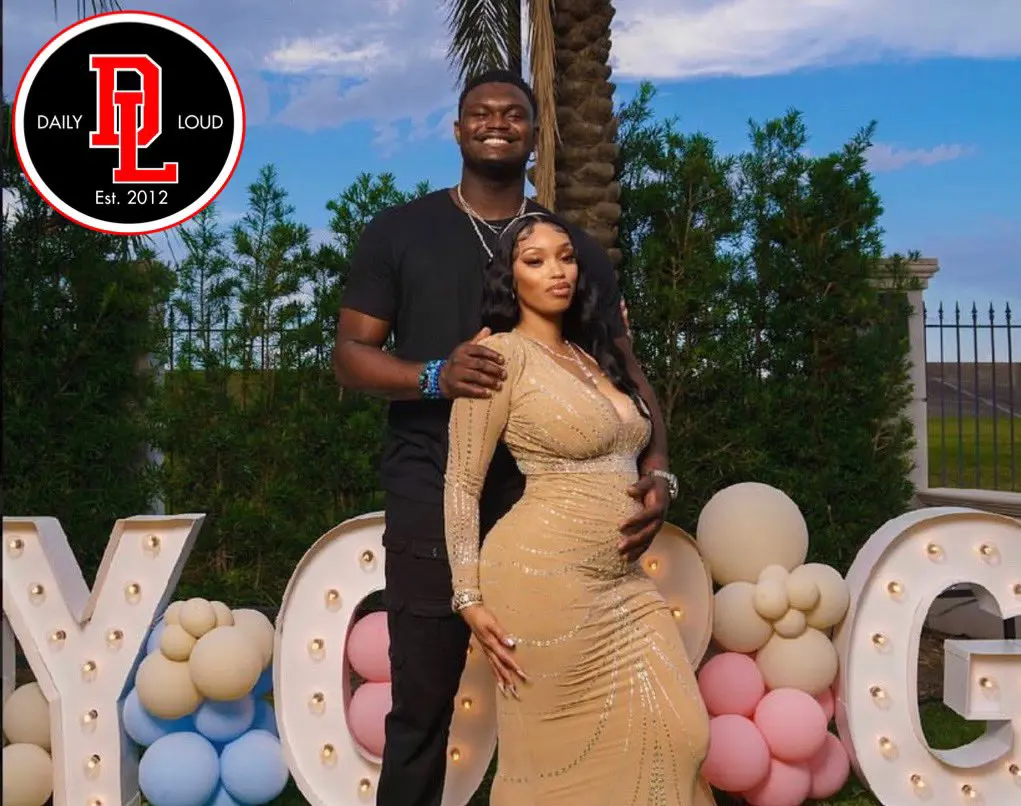Hiccups are common in babies and usually harmless. They can be triggered by overfeeding, swallowing air, or temperature changes. Gentle techniques like burping, using a pacifier, or feeding smaller, more frequent meals can help ease your baby's discomfort.
If hiccups persist or cause distress, consult a doctor to rule out underlying conditions like GERD. Quick and simple solutions to soothe your baby!
Why Does My Baby Get Hiccups?
Babies can experience hiccups for various reasons. Most of the time, hiccups are harmless, but understanding why they happen can help ease your concerns and give you effective solutions.
1. Overfeeding and Swallowing Air
- When a baby eats too much, they can swallow air, which expands their stomach and irritates the diaphragm. This is one of the most common causes of hiccups. Overfeeding can cause discomfort, making your baby cry or squirm, which could potentially worsen the situation.
- Tip: Monitor your baby’s feeding amounts and pace to avoid overfeeding. Take breaks during feedings to reduce air intake.
2. Temperature Shifts
- Sudden changes in temperature, such as drinking cold milk or being exposed to a draft, can irritate the diaphragm and cause hiccups.
- Tip: Try warming the bottle to body temperature and avoid sudden environmental shifts after feeding.
3. Burping After Feeding
- Trapped air in the stomach from not burping properly can trigger hiccups. Burping not only helps release the trapped air but can soothe your baby.
- Tip: Burp your baby gently during and after each feeding session. A few small burps are better than one big one.
4. GERD (Gastroesophageal Reflux Disease)
- Babies with GERD might hiccup more often due to the reflux of stomach acid into the esophagus. This can irritate the diaphragm and cause hiccups.
- Tip: If you suspect GERD, speak with your pediatrician about possible feeding adjustments or medications.
How To Stop My Baby's Hiccups?
While most baby hiccups will resolve on their own, there are several techniques you can try to alleviate the discomfort and provide relief to your little one.
1. Rubbing Your Baby’s Back
A gentle back rub can help release trapped air and relieve hiccups. The rhythmic motion soothes both the body and the mind.
- Step-by-Step: Hold your baby upright and gently rub their back. Move in small circular motions for a minute or two.
2. Offering a Pacifier
A pacifier can have a soothing effect on a baby’s diaphragm, helping to relax the muscles and reduce the frequency of hiccups.
- Tip: If your baby is used to a pacifier, offer it during a hiccup episode to calm them.
3. Feeding Gripe Water
Gripe water is a traditional remedy that contains herbs like ginger and fennel. Some parents swear by it for soothing tummy issues, though its effectiveness is not scientifically proven.
- Tip: Consult your pediatrician before giving gripe water, especially for babies younger than six months.
More Tips to Prevent and Relieve Hiccups
1. Frequent, Smaller Feedings
Offer smaller amounts of food more frequently to avoid overfilling your baby’s stomach and causing hiccups.
Why It Works: Smaller, more frequent feedings reduce air intake and prevent your baby from becoming too full.
2. Use White Noise
White noise can help regulate your baby’s breathing and calm their diaphragm, reducing the likelihood of hiccups.
Tip: Use a white noise machine or a calming background sound to help your baby relax.
3. Hold Your Baby Upright After Feeding
Keeping your baby upright for 20-30 minutes after a feeding allows gravity to help the milk settle and reduces the chances of hiccups.
Why It Works: This position reduces pressure on the diaphragm and promotes smoother digestion.
What NOT to Do During Baby Hiccups
Hiccups can be cute and harmless, but it’s essential to avoid common adult remedies that could harm your baby.
- Never try startling your baby: This can distress them and may even worsen the situation.
- Don’t pull on their tongue: This method, often suggested for adults, is dangerous for babies and can cause unnecessary harm.
- Avoid giving water to babies under six months: Babies do not need water, and giving them some can cause choking.
When to Consult a Doctor
Though hiccups are usually harmless, there are a few cases where you should seek professional advice:
- Frequent or Persistent Hiccups: If your baby’s hiccups seem unusually frequent, or if they last for more than an hour, consult your pediatrician.
- Breathing Issues: If hiccups are affecting your baby’s breathing or feeding patterns, it’s essential to seek medical help.
- Unusual Symptoms: If you notice signs like blue lips (cyanosis) or sleep disturbances, contact your healthcare provider immediately.
Conclusion
Hiccups are a common and often harmless occurrence in babies. They usually resolve on their own, but understanding the causes and remedies can help soothe your baby more quickly and reduce any discomfort. If you ever feel concerned about your baby’s hiccups or overall health, don’t hesitate to reach out to a healthcare professional.







